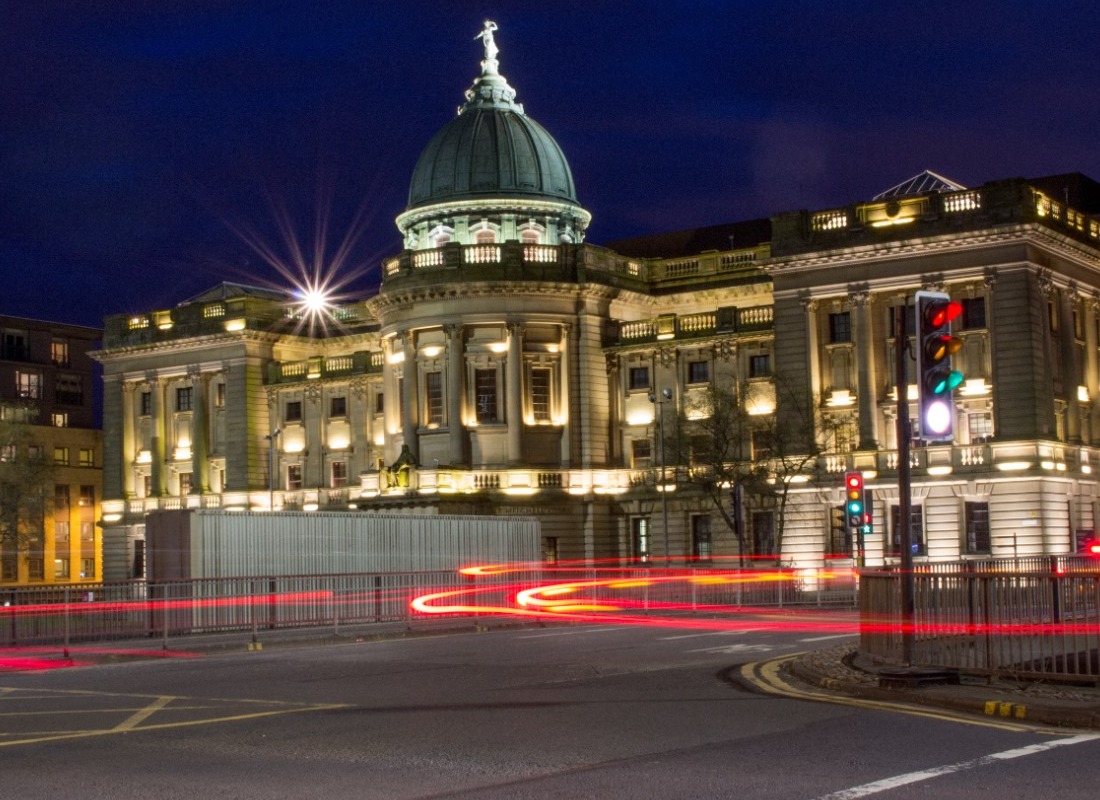
Glasgow’s arts and culture have always been based on a DIY spirit, in part necessitated by a historic lack of resources. There is also a sense for many of the arts institutions in the city that their duty and aims are to maintain wellbeing and a sense of community through arts practice. These qualities not only demand that institutions in Glasgow find creative new ways to engage with their audiences but also gives them the tools and ingenuity to do so. Making something from nothing isn’t new to the art world and it certainly isn’t unique to Glasgow, but there is something in the spirit of the city that lends itself to a crisis of this kind and as a relative newcomer, I’ve found myself even more enamoured with Glasgow’s people, culture and artists than I was before.
The strength and speed with which the sector met the challenges posed by restrictions was incredible and a little overwhelming. The Zine Library for instance organised tons of virtual events in the form of zine-making workshops, film screenings and a remote zine fair. Many events that were meant to take place in a physical setting moved to the digital sphere. For example the Glasgow International Art Festival, which was due to start on the 23rd April but will now be postponed till next year, offered us a digital programme instead. What began as a huge disappointment for artists, organisers and attendees became something new and exciting, now you could attend the festival from the comfort of your own bedroom.
Some local arts charities focused on their duty of care to communities that were encountering new challenges to mental wellbeing and ran ongoing events and workshops to support people through this difficult time. Platform Arts have been running weekly arts clubs and handing out physical arts supplies to families who don’t have the resources to engage in arts practice without them. Likewise with Rumpus Room, who run arts workshops for children and delivered packs of materials to people’s doors during the Spring lockdown along with offering digital sessions.
There is also a sense that arts institutions have maintained community engagement whilst physical spaces have been closed. The importance of the city’s clubs, music venues and art spaces to creating a sense of community cannot be overstated. Digital events such as the Pop Mutations festival in June offered a sense of hope in the future of Glasgow’s DIY music scene, whilst the Clyde Built Radio station offered a platform to black artists and DJs in response to the civil unrest in the USA and BLM protests across the world. These events not only allowed music fans to feel a sense of continuity in community but also a sense of solidarity with the Black Lives Matters protestors in the US and in Glasgow itself.
We can take stock of what we’ve learnt during this time and how we can bring new platforms, skills and ideas into a post-pandemic world. The sector faces enormous challenges. Some of the most creative people in this industry rely on precarious employment and funding streams. What we’ve learnt over the past months is that our creativity, ingenuity and sense of community is extremely resilient. We should celebrate this and protect it. Glasgow’s arts face the same uncertainty as the rest of the country (and world) but if the strength of our response to an unimaginable crisis is anything to go by I feel confident that the arts here will survive.
Photo by Ratworks Media from Pexels
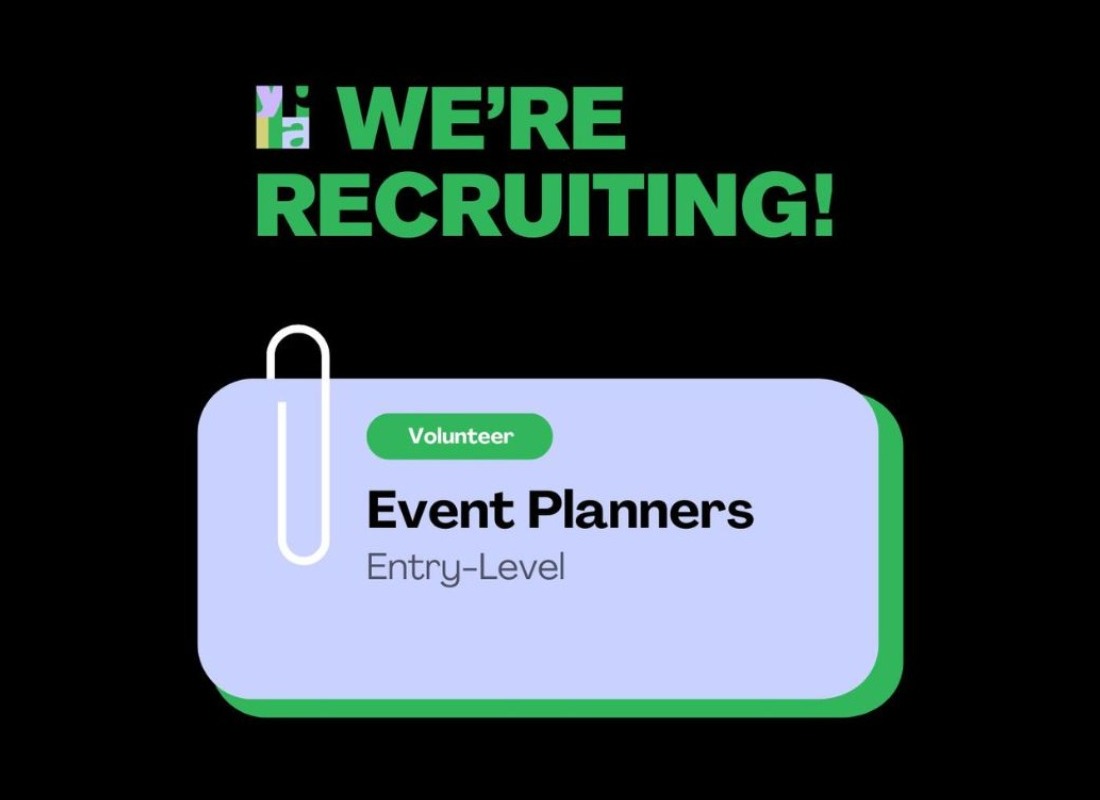
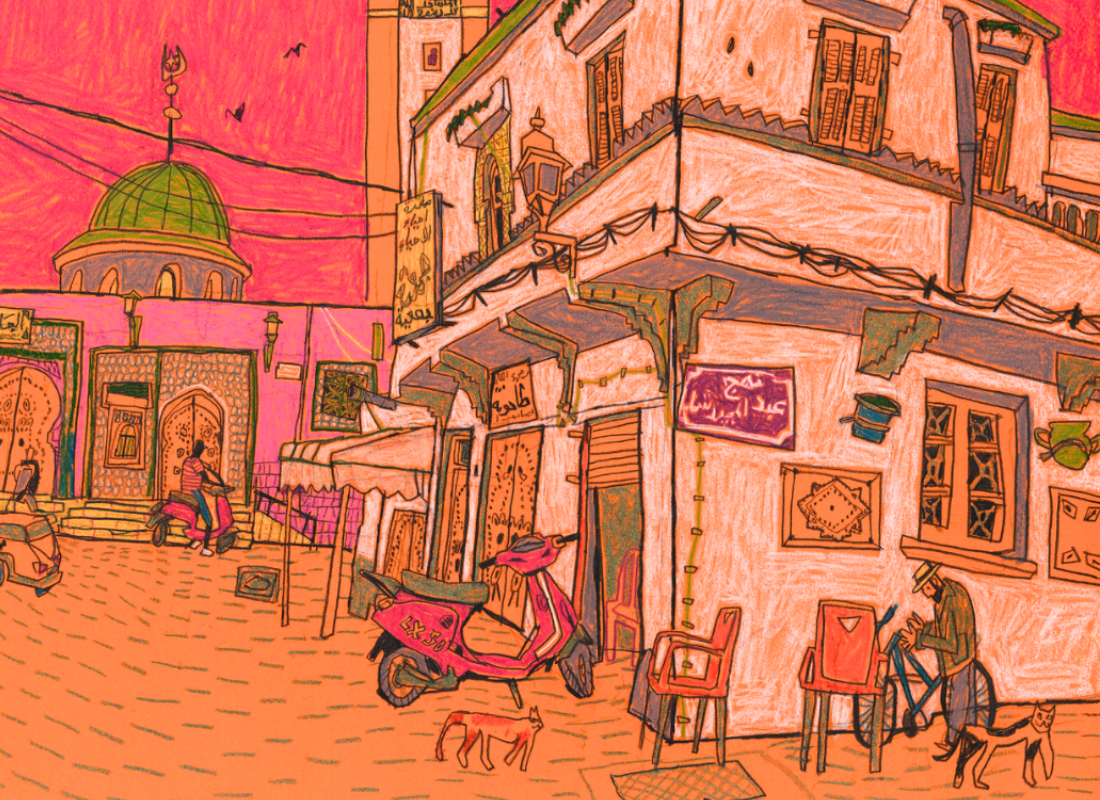
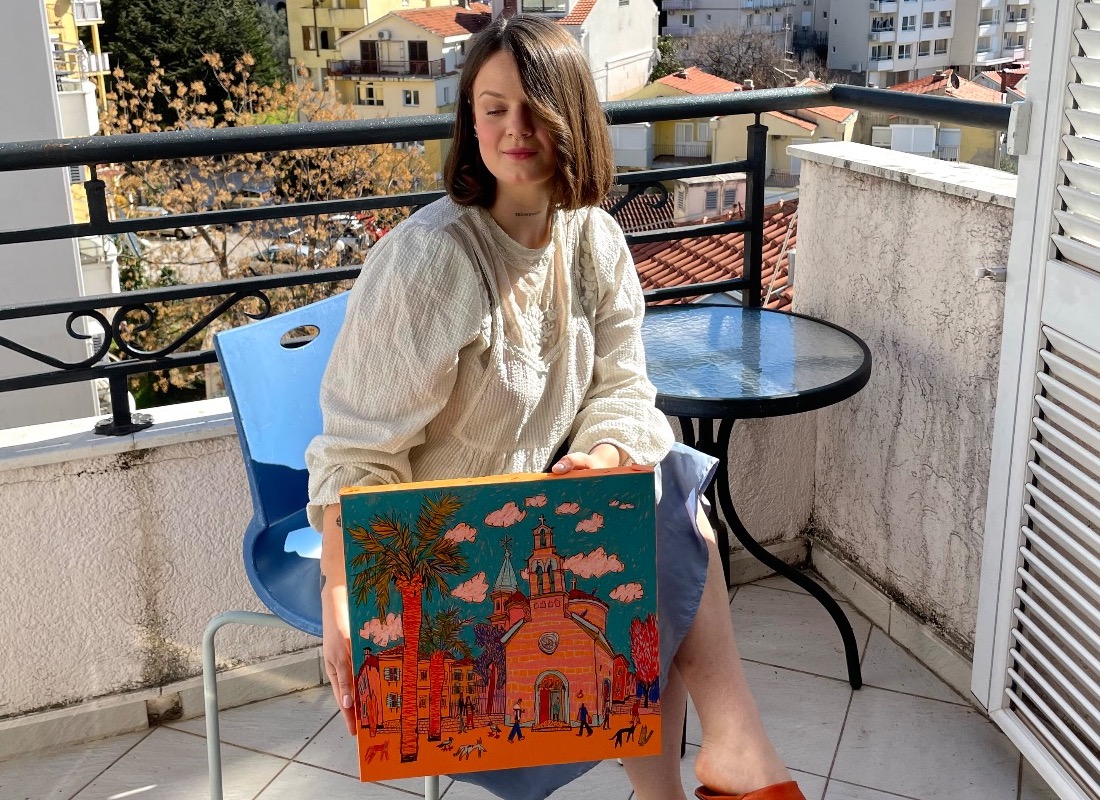
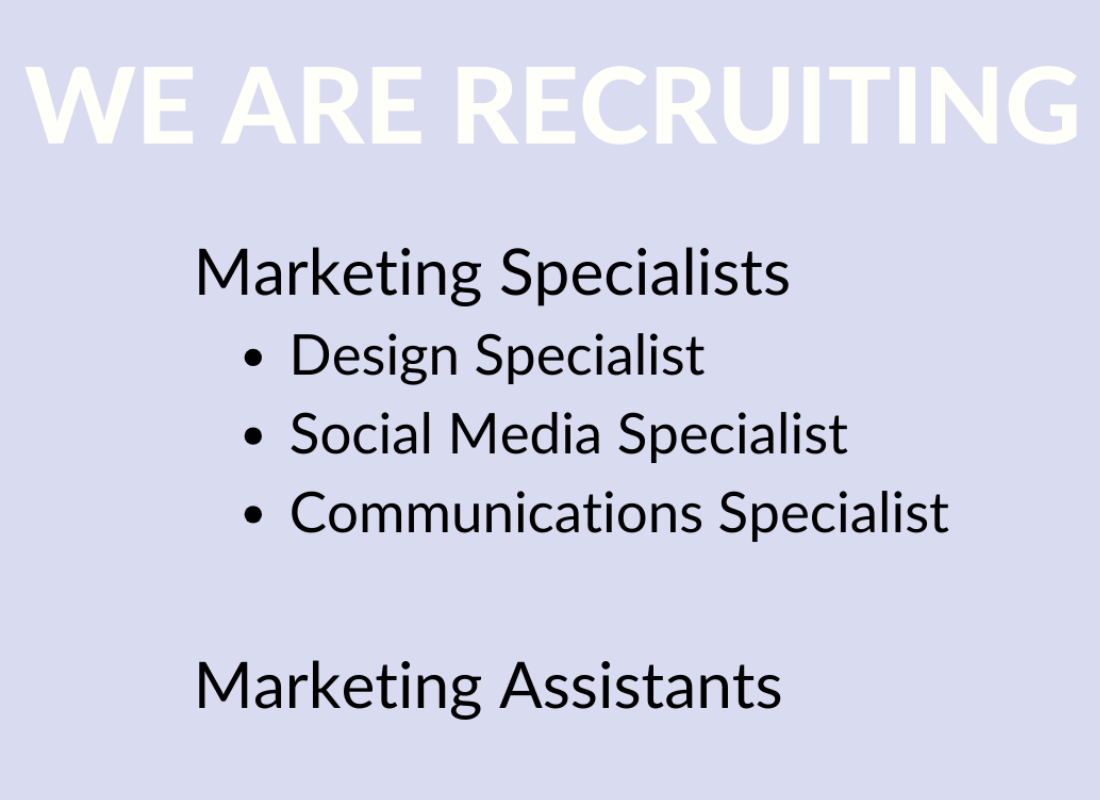
.0af71f.jpg)
.ec8cc4.png)